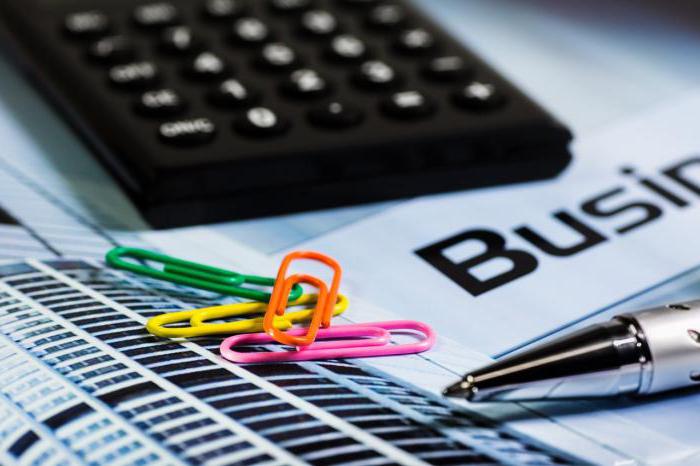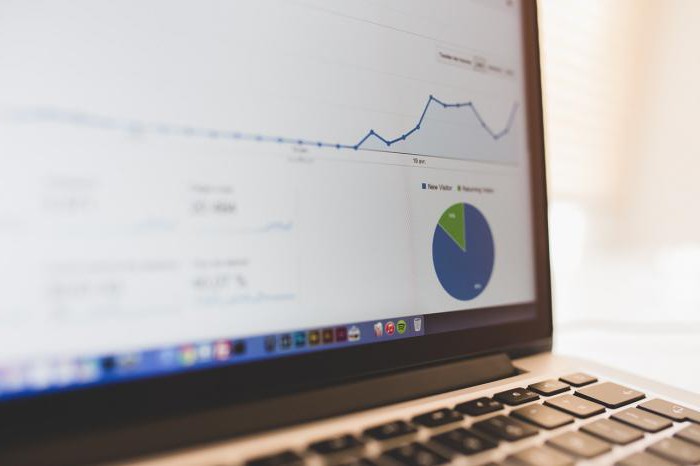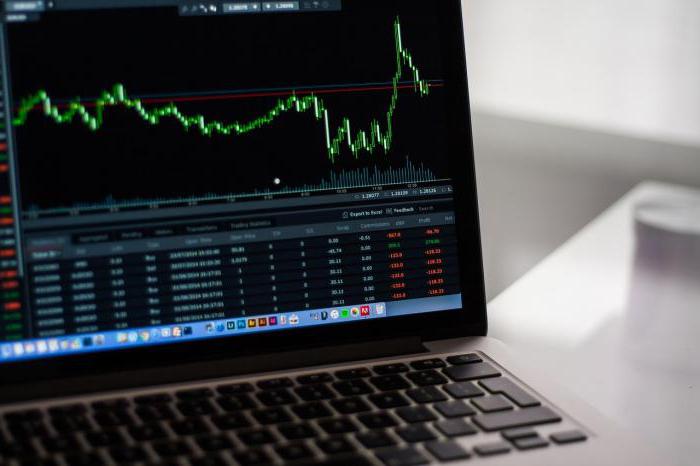Purchasing bonds by individuals is similar to similar stock or currency transactions. Only, unlike stocks, the risk on such securities is much lower. In this they are more like bank deposits, with the only difference being that bond yields are much higher. But for investments to be profitable, you need to know some of the features that are unique to this investment tool.

Types and types of bonds
At the first stage, it is necessary to determine which type of investment instruments is most suitable. The choice depends on how long and for how much bonds will be purchased. Where to start is to determine the type of bond. This largely determines the level of return on each ruble of invested capital. The following is a list of parameters by which bonds are classified:
- municipal, private and foreign;
- no statute of limitations, long-term or short-term;
- non-convertible and convertible;
- registered and bearer;
- natural and monetary.
Bonds can be purchased by a private individual in both the primary and secondary markets. If we talk about the primary market, then issued papers are sold on it. They are bought by investors for the first time. The purchase takes place mainly at auctions on the MICEX. This is done as follows: before declaring a price, banks conduct closed customer surveys. In the questionnaire, the investor must indicate the price and quantity. He assigns the amount arbitrarily, but most often the average market price set on similar securities is indicated. After that, the bank employees calculate and determine the highest possible price that they can get for one bond. It depends not only on the amount indicated in the questionnaire, but also on the number of customers (level of demand).
How to buy in the secondary market
In addition to the primary, there is also a secondary market. Buying bonds by individuals here is much simpler, since the price has already been determined by the market. Trading is carried out through a bank or exchange (the bank in this case acts as a broker). To acquire securities, an individual must conclude an agreement with the bank and install a special program on his computer or smartphone.
The broker charges for his services an average of 0.02% to 1% of the transaction amount. Speculative operations with bonds are a risky enterprise, since determining profit in this case will not be easy. But if bonds are used only as an investment tool, then the profit is known in advance.

What documents need to be studied
An individual in Russia can buy bonds at any branch of a large bank (they are precisely sold at Sberbank, Alfa Bank and VTB). To complete the transaction, it is enough to have a passport and cash. But before you go to the bank and draw up a contract, you should carefully study the financial condition of the issuer, whose bonds will be bought. He is obliged to publish these data if his securities are traded on the stock market. The following information will be useful for the investor:
- documents on the issue of bonds, their initial value and quantity;
- a document (in paper or electronic form) confirming the fact of the purchase of securities;
- financial statements for several years with the conclusion of the auditor;
- constituent documents of the enterprise;
- a list of the issuer's funds for the valuation period.
All of these documents can be downloaded from the official website of the issuing company or found on the website or at a bank branch.
Minimum bond market entry amount
Naturally, a novice investor cares not only where and how to buy bonds for an individual, but also how much the securities cost approximately. How much can I enter this market? According to the terms of the agreement between the broker and a private person (using the example of Sberbank), the minimum amount for which you can conclude an agreement is about 1000 rubles. It is clear that such an amount of investment is very small so that the effect is obvious. On average, in order to take full advantage of the bond market, a contribution of at least 50 thousand rubles is required. Only in this case, the income from operations will be able to cover all the time and commission of the broker.

Investment risks
Buying bonds by individuals is still a risky venture. Investors are subject to two types of risk: market and credit.
Market risk is that bonds purchased at a high price may be partially or fully depreciated. The market is unpredictable. A variety of factors influence prices. Changes in interest rates, inflation, oil prices and other resources affect the cost. Even rumors can cause hesitation. And although they are not as significant in the bond market as, for example, in the stock market, even a slight drop with large investments threatens with a loss of capital, albeit not so significant.
Credit - this is the risk that the issuer will not be able to fulfill its obligations in full or within the specified period. To reduce it, investors use the information provided by various rating agencies on the reliability of an issuer.
The yield on bonds of private issuers is higher than on securities of state-owned companies, but at the same time they are more risky. Despite the fact that he is obliged to pay interest on time and in full, he is not always able to do so. Recently, there has been an increase in bankruptcies across the country, and buying bonds of such companies has become even more risky. It should be borne in mind that for securities issued by private firms, you still have to pay a tax of 13% of income.
The state of the bond market
At the moment, due to the fact that the global economy is still experiencing the effects of the crisis, the following situation has developed on the market for these securities: interest rates on government bonds have become lower, but the price remains the same. At the same time, the price falls on securities with a high interest on the coupon. From the second half of 2013 to this day, the issue of bonds has slowed down.
The most demanded and reliable, as before, individuals for the purchase of bonds are securities of municipal and state companies.
Bonds of medium-sized enterprises have practically disappeared from the market. Corporate bonds continue to be in demand, but significantly less than before. The interest of not only domestic, but, first of all, foreign investors fell. Growth is observed in the bond market issued by large and well-known corporations. The number of bonds issued by banks, in particular Sberbank, is also growing.

How is the process of buying and selling bonds
A private individual cannot trade directly without intermediaries on the exchange. Yes, this is not necessary. Bonds are currently issued in electronic form, and an electronic signature is used to confirm ownership. Trading is carried out through an intermediary - broker. All operations go through trading terminals on the Moscow Interbank Currency Exchange (MICEX). To buy foreign currency government bonds or issued by private companies, you should contact the nearest bank that provides brokerage services.

The whole buying process is as follows: the investor is registered on the broker's website and opens 2 accounts. Funds for purchase are deposited on one; purchased bonds are placed on the other. When making a transaction, the broker enters into the register information about the transaction: from whom and to whom the securities are transferred, their value and quantity.
When to buy bonds is the most profitable
Naturally, in the trading process, the broker will advise certain bonds. How to choose is up to the investor to decide, but to reject all recommendations or blindly follow them is risky. Any information that may affect the price or maturity of the issuer should be checked and analyzed.

When making transactions, the responsibility for invested funds lies entirely with the investor. The broker is not responsible, as it only advises, but does not make decisions about buying or selling.
The ratio of profit and risk
The purchase of bonds by individuals is the same risk as the use of other investment objects. But only, unlike stocks or foreign currency, bonds are less risky, even if they are used for speculative purposes, and not as a long-term investment.
Profitability is regulated by the influence of the market on prices. Their value is established based on the risk level of investing in the issuer's securities. This can be determined by looking at the level of discount. The higher the percentage, the higher the credit risk. The most risky will be securities issued by private companies. In order to attract funds, the latter may indicate on the coupon a percentage significantly higher than that accepted in the market (4-9%). Such a risky game can lead to late payments and defaults (such cases have already been on the Russian bond market).

Reviews
Investing in bonds, how to choose bonds - today these issues are especially relevant. Given the low interest rates on deposits and the instability of the pension system (rules and calculation formulas change too often), there are practically no other investment instruments. And what about such a way to save capital say Russian citizens?
They argue that bonds are a great alternative to bank deposits. The risks are approximately the same, but only the return on them is much higher.
In fact, bonds are a loan, with the only difference being that they are not taken by individuals, but by enterprises or banks from ordinary people. Of course, many would like the interest to be the same, but 6-7% is already higher than for deposits. Due to the instability of the ruble, more and more often people decide to buy foreign currency government bonds.
Others think that bonds are no more reliable way to save money than bank deposits. They refer to the fact that the Soviet era also bought them and burned out. In their opinion, it is better to invest in something more substantial.